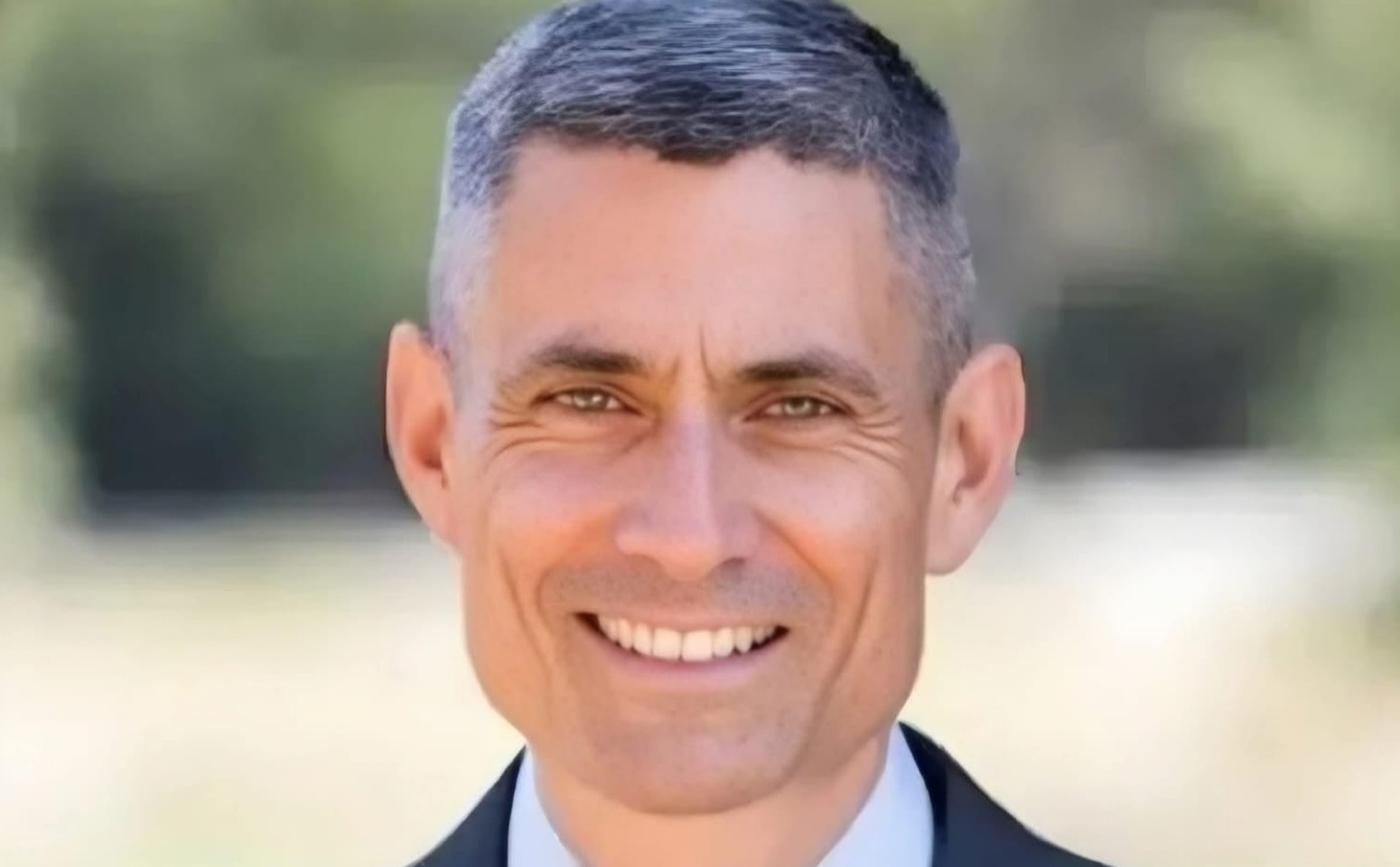
Hindu Voice Team: Appointed as successor to Donald Lu, Paul Kapur will handle South Asia’s complex security, bilateral relations, and strategic challenges in a coordinated manner.
Washington
The U.S. administration has appointed Paul Kapur as Assistant Secretary of State for South Asia. He is a long-standing expert on India-Pakistan relations, terrorism, nuclear stability, and Islamist militancy. Analysts believe his appointment symbolizes renewed American attention toward South Asia and a strong stance against militancy.
Paul Kapur’s Profile and Expertise
Kapur’s research and publications are considered highly significant in analyzing South Asia’s security challenges and political-strategic environment. His notable works include:
“Jihad as Grand Strategy: Islamist Militancy, National Security, and the Pakistani State”
“Dangerous Deterrent: Nuclear Weapons Proliferation and Conflict in South Asia”
Co-author of “India, Pakistan, and the Bomb: Debating Nuclear Stability in South Asia”
These books provide deep analysis of militancy, nuclear stability, and bilateral security dynamics in the region.
Unwavering Stance Against Militancy
Paul Kapur has maintained a consistent and firm stance against Islamist militancy. Experts believe his approach signals the potential for international coordination against terrorism in South Asia.
His analyses are crucial for addressing India’s security challenges.
His expertise will aid in managing Pakistan relations and border tensions.
He will play a significant role in strengthening anti-terrorism efforts and international security policies.
Kapur’s appointment is being viewed as a new chapter in U.S. diplomacy in South Asia. Experts believe this appointment will:
Make U.S. policies in the region more coordinated in dealing with complex bilateral and multilateral relations.
Strengthen America’s strategic posture in countering nuclear threats, terrorism, and border tensions.
Positively influence international stability and peace processes in South Asia.
“Paul Kapur’s appointment is not just the designation of a new diplomat. It marks a new chapter in U.S. policy in South Asia, anti-militancy efforts, and international security strategies,” analysts said.
They further note that under Kapur’s leadership, U.S. diplomats will be better equipped to implement stronger and more effective policies against militancy, nuclear threats, and bilateral conflicts in South Asia. This will reinforce America’s strategic position and have a long-term positive impact on security and stability in the region.
Paul Kapur’s appointment is not merely the assignment of a new official; it marks the beginning of a new chapter in U.S. South Asia policy and security strategy, playing a crucial role in promoting international cooperation against militancy and ensuring nuclear stability in the region.